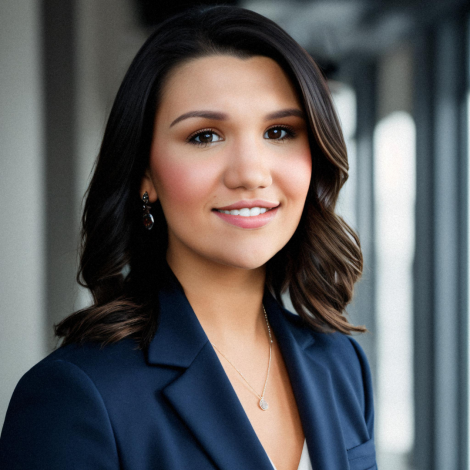Education
- Ph.D., 2022, Adelphi University, Clinical Psychology
- M.A., 2017, Teachers College Columbia University, Psychology
- B.A., 2015, Montclair State University, Psychology
Peer-Reviewed Articles
- Schweitzer, E.M., Urmanche, A.A., Kong, J., Hafezi, S., Zhao, J., Cooperman, N., & Konova, A.B. (2023). The role of social connection in opioid use disorder treatment engagement. Psychology of Addictive Behaviors. 10.1037/adb0000934
- Beharie, N., Urmanche, A.A., & Harocopos, A. (2023). A mixed-methods analysis of risk reduction strategies adopted by syringe services program participants and non-syringe services program participants in New York City. Harm Reduction Journal. 10.1186/s12954-023-00772-3
- Allen, B. & Urmanche, A.A. (2023). NYC RxStat: Stakeholder perspectives on a national model public health/public safety partnership to reduce overdose deaths. Evaluation and Program Planning. 10.1016/j.evalprogplan.2023.102275
- Urmanche, A.A., Solomonov, N., Sankin, L.S., Subramanyam, A., Pedreza-Cumba, M., Scaduto, L., Jockers, K., Wolf, R., & Sirey, J. (2022). Research-Practice Partnership to develop and implement routine mental health symptom tracking tool among older adults during COVID-19. American Journal of Geriatric Psychiatry. 10.1016/j.jagp.2022.12.191
- Urmanche, A.A., & Harocopos, A. (2022). Experiences administering naloxone among people in different social roles: People who use opioids and family members and friends. Journal of Drug Issues. 10.1177/00220426221133024
- Urmanche, A.A., Beharie, N.N., & Harocopos, A. (2022). Fentanyl preference among people who use opioids in New York City. Drug and Alcohol Dependence, 237. 10.1016/j.drugalcdep.2022.109519
- Urmanche, A.A. & Szymanski, K. (2021). Love in the time of COVID-19: Experiences of a psychology trainee. Psychoanalysis, Self and Context. 10.1080/24720038.2021.1995389
- Urmanche, A.A., Minges, M., Eubanks, C.F., Gorman, B.S., & Muran, J.C. (2021). Deepening the group training experience: Group cohesion and supervision impact in Alliance-Focused Training. Group Dynamics: Theory, Research, and Practice, 25(1), 59-73. 10.1037/gdn0000134
- Urmanche, A.A., Oliveira, J.T., Gonçalves, M., Eubanks, C.F., & Muran, J.C. (2019). Ambivalence, resistance, and alliance ruptures in psychotherapy: It’s complicated. Psychoanalytic Psychology, 36(2), 139-147. 10.1037/pap0000237
Book Chapters
- Urmanche, A.A. & Szymanski, K. (2024). Wall of Silence: Supporting providers after a drug-related death. In M.S. Stroebe, K. Dyregrov, & K. B. Titlestad (Eds.), The Routledge International Handbook of Drug-Related Death Bereavement. London, UK: Routledge.
- Urmanche, A.A., Lipner, L.M., Bloch-Elkouby, S., Hunter, E., Kaufmann, J., Warren, J.T., Weil, G.T., Eubanks, C.F., & Muran, J.C. (2023). The beginning of the end: A comparison of treatment completers and early dropouts in trainee-provided time-limited Cognitive Behavioral Therapy. In N. Gazzola, S. Iwakabe, & S. Knox (Eds.), Therapeutic Failures in Psychotherapy. London, UK: Routledge.
- Rosenthal, R., Urmanche, A.A. & Muran, J.C. (2023). Supportive psychotherapy techniques. In H. Crisp & G. O. Gabbard (Eds.), Textbook of Psychotherapeutic Treatments (2nd ed.). Arlington, VA: American Psychiatric Association Publishing.

Title: Assistant Professor
Department: Department of Psychology
Email address: Email me
Phone: (828) 262-8942